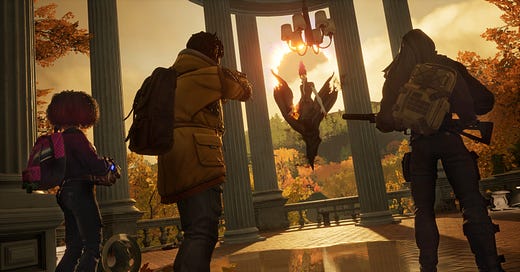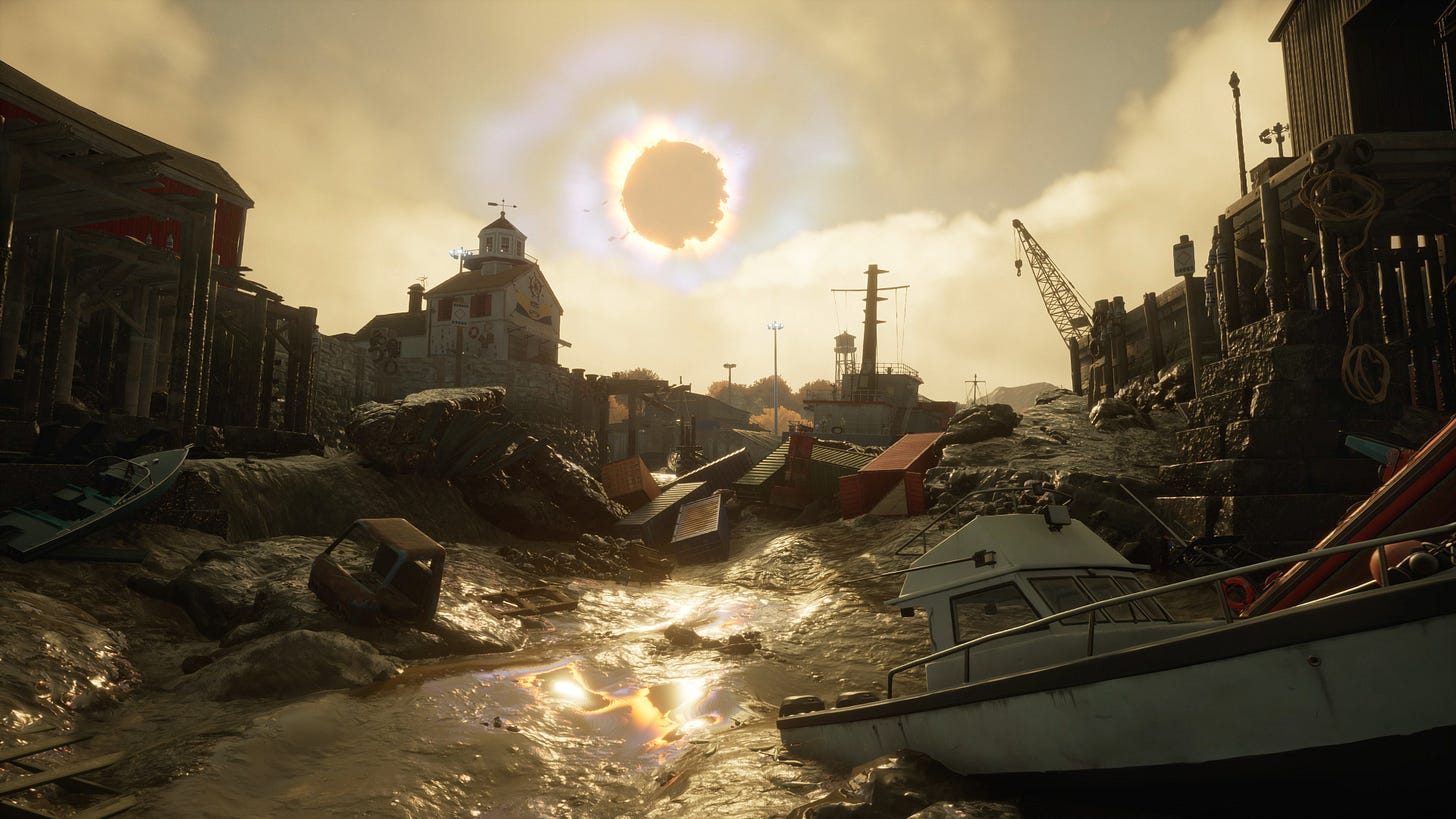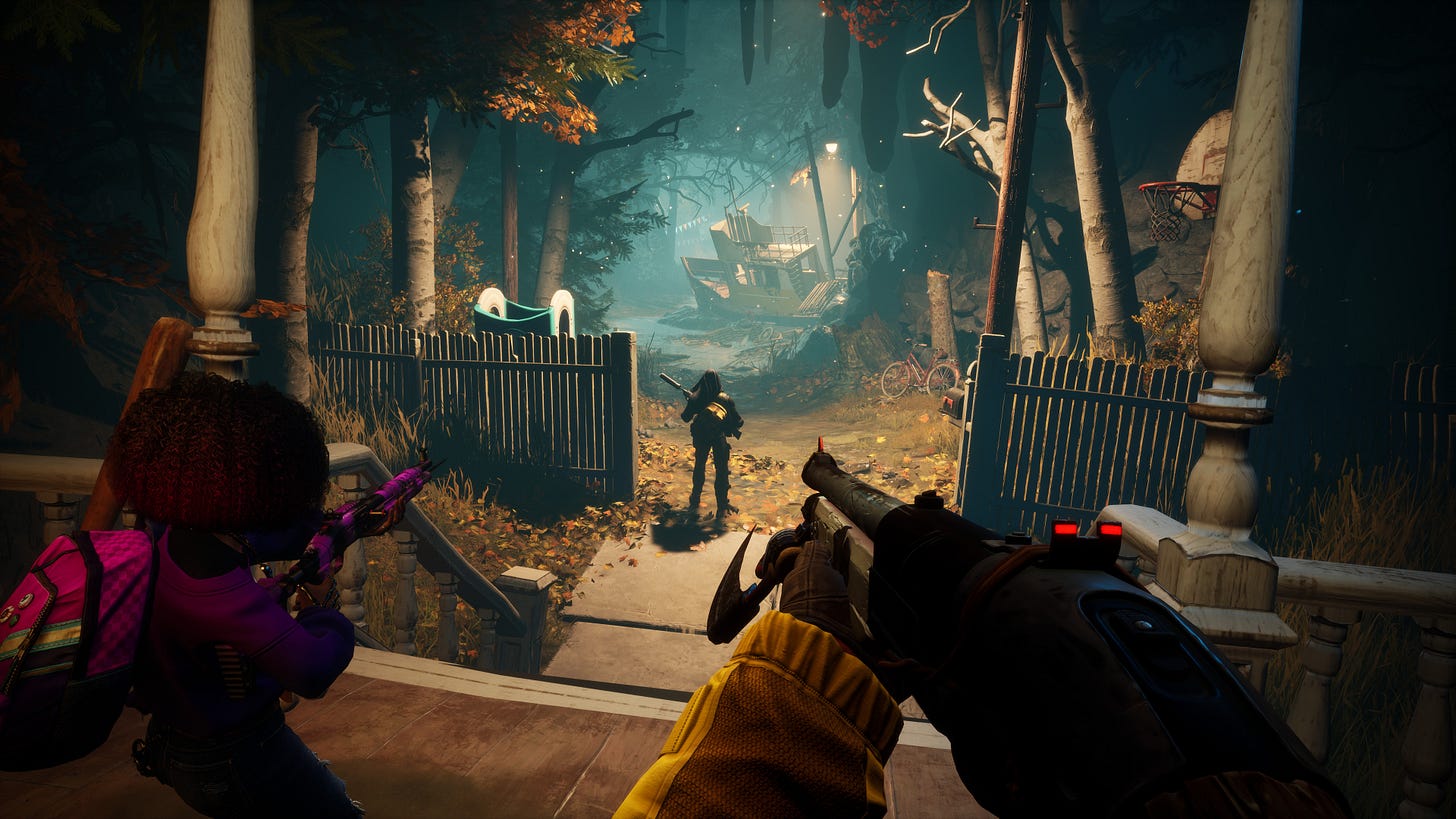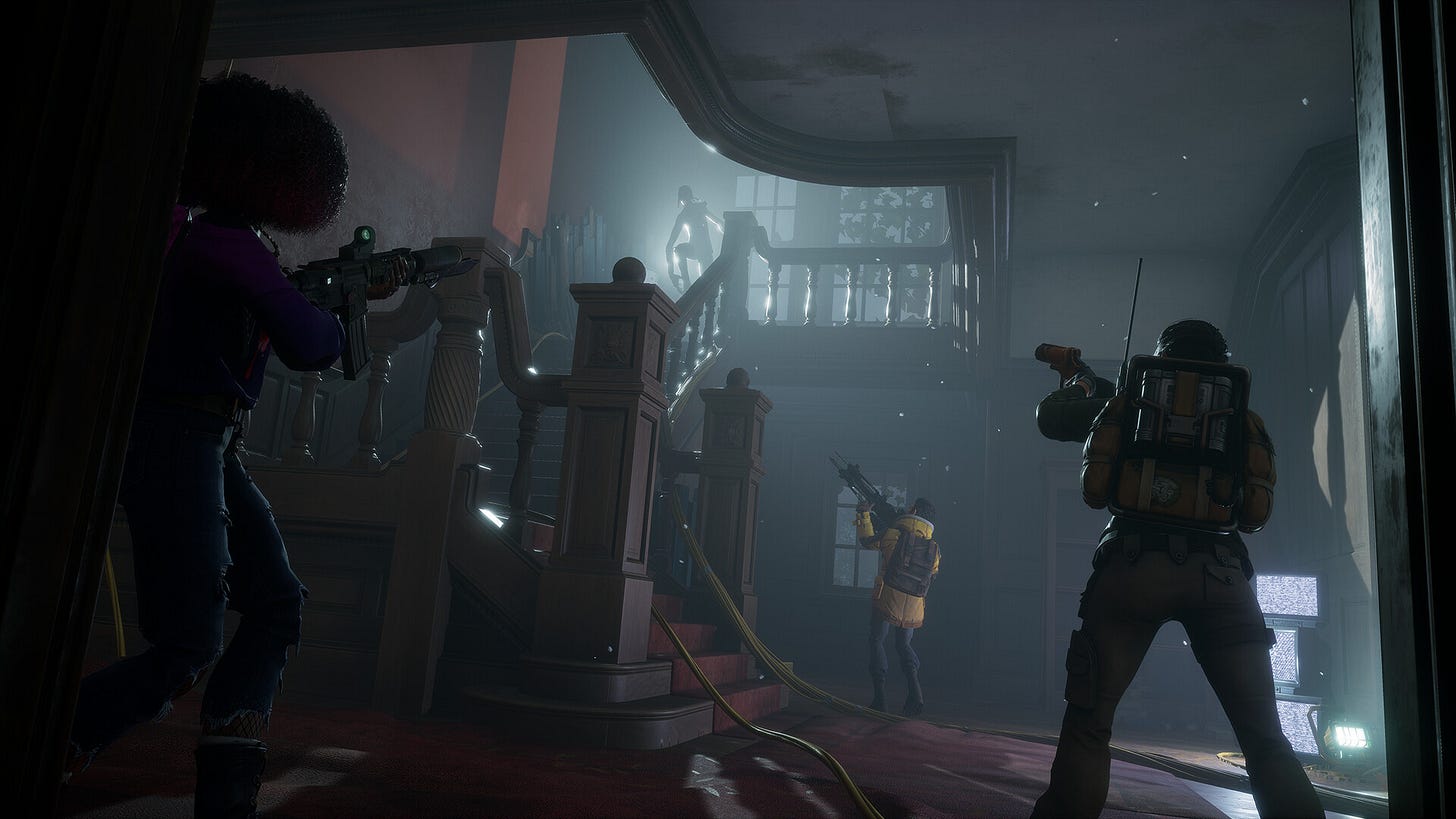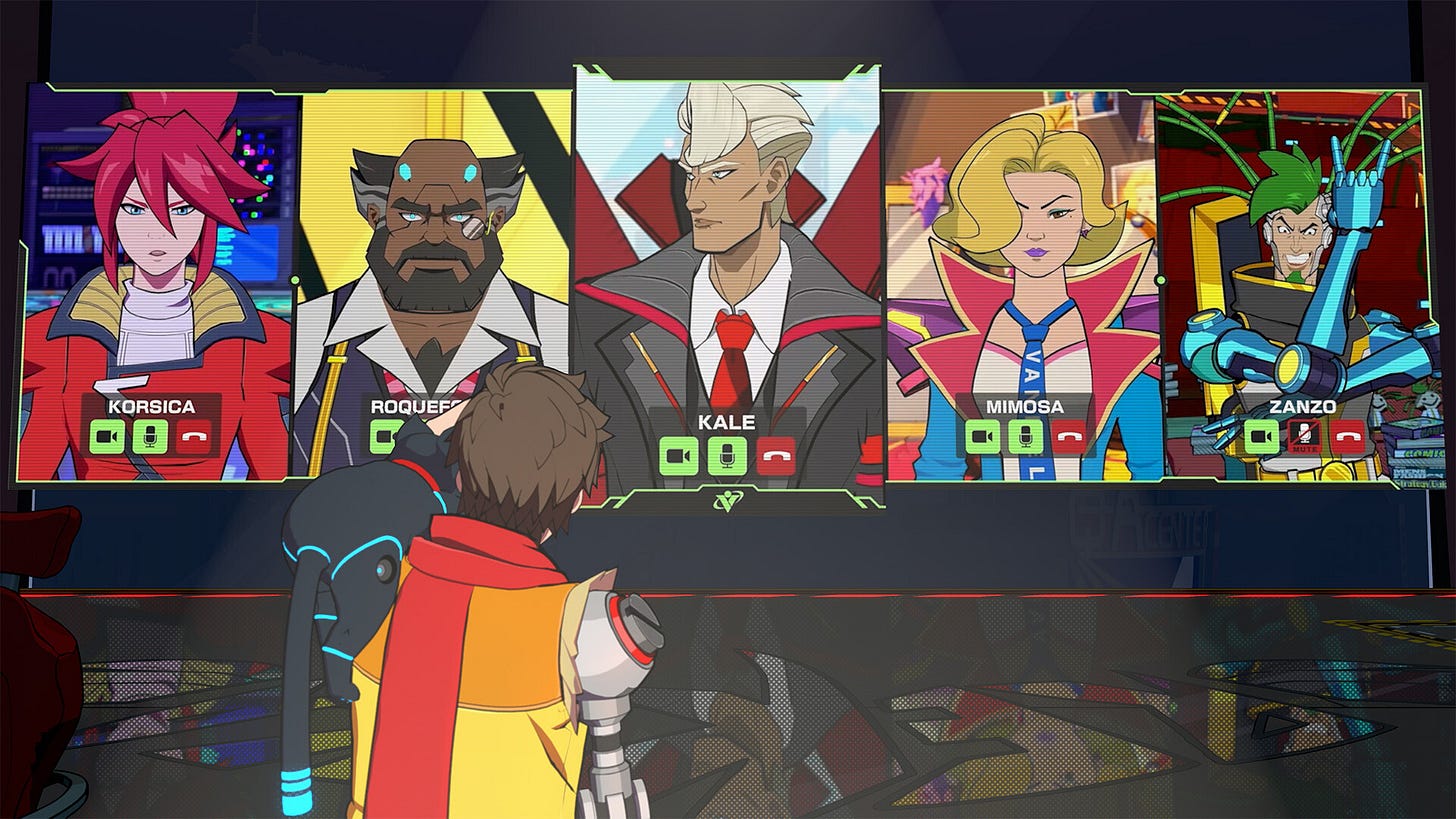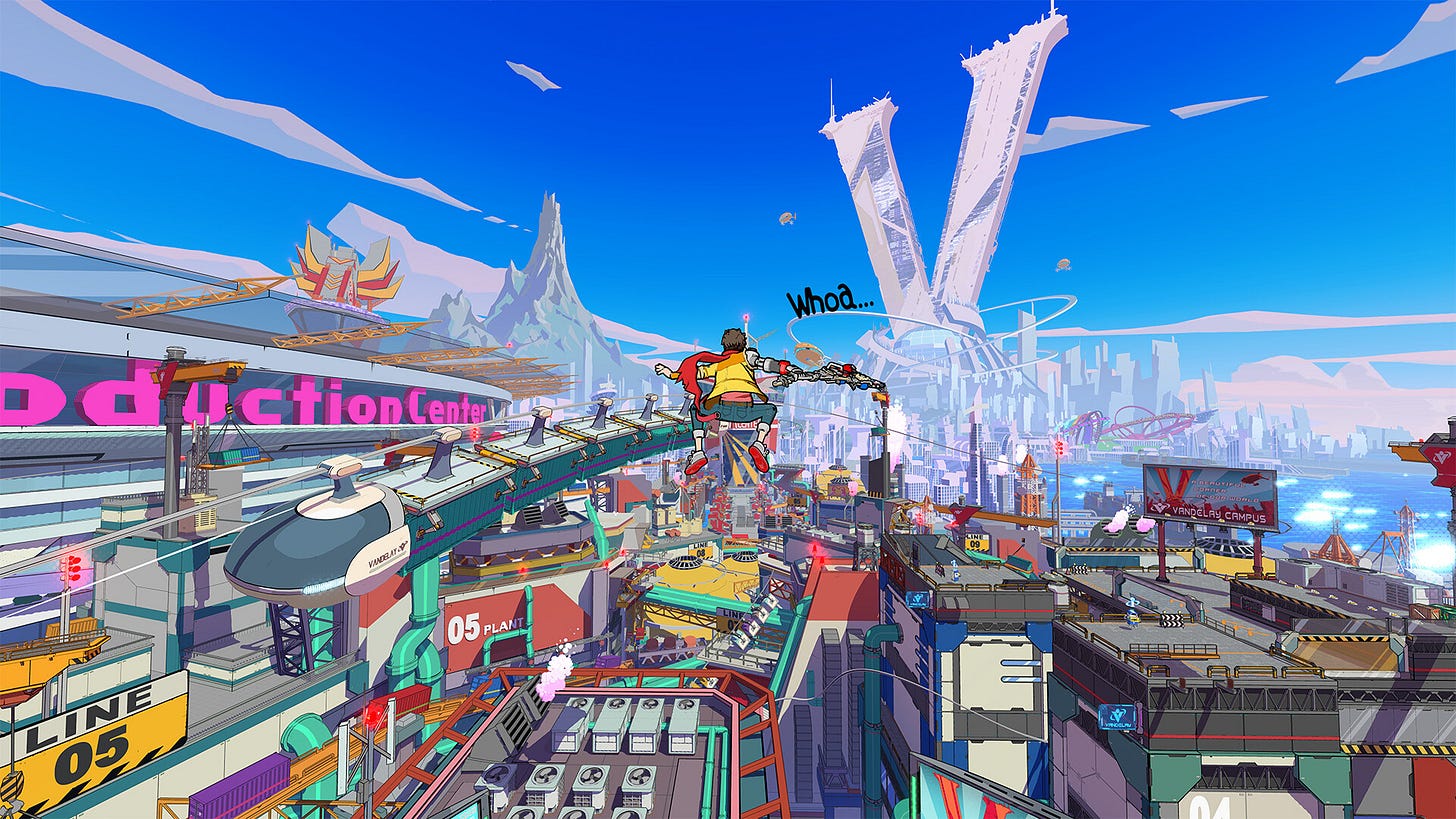Yes, Redfall was a disaster, but closing Arkane Austin is still a bad decision
Microsoft is not just squashing goodwill, but actively spitting in the face of its developers and consumers
A couple of weeks ago, I wrote a bit about what a bad time it is for the gaming industry. Well, things haven’t improved. In case you missed the latest bad news, Microsoft made the decision to close three Bethesda studios and absorb a fourth. Most notably among the closed: Tango Gameworks—the Japanese studio behind The Evil Within series of survival horror games and last year’s surprise rhythm action game hit Hi-Fi Rush—and Arkane Austin—creators of 2017’s brilliant first-person shooter/immersive sim Prey and last year’s widely disliked co-op vampire shooter Redfall.
I could list off a million reasons why these studio closures are a bad decision. A lot of these things go without saying and are the same across virtually all layoffs and studio closures. Most obvious of all is the human element—the cold, calculated cruelty of putting people out of work, especially during such difficult economic conditions, just to keep the shareholders happy and maybe squeeze out another undeserved bonus for the slugs that pass for executives in these companies.
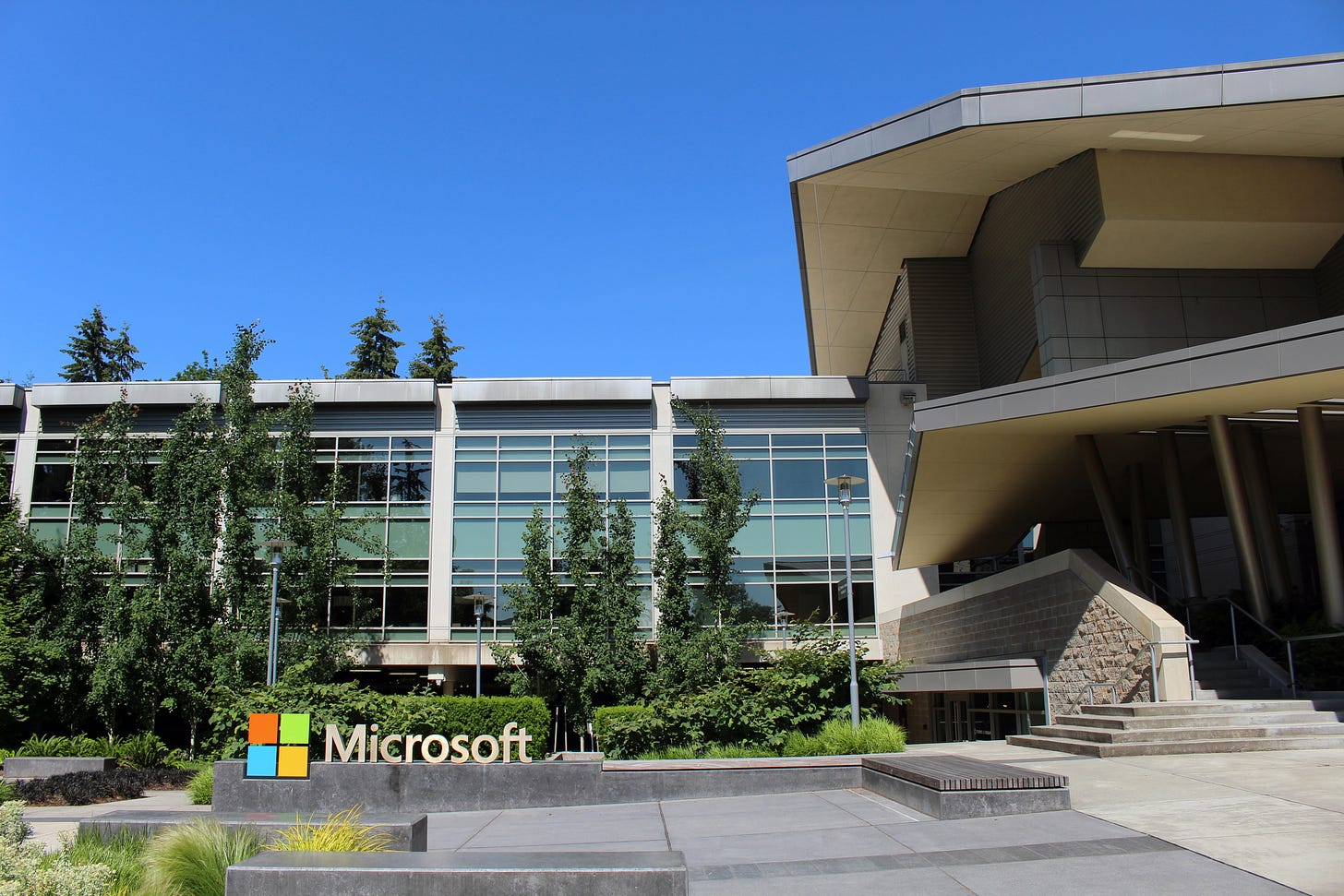
That line of thinking—what you might call “the absolute base of what should be expected from anyone with a soul”—still applies here, of course. But we can push it even further. We can stick to the kind of empathy-averse logic that the mega-rich vultures subscribe to, and it still comes across as a poorly timed, ill-considered choice that has all the potential to domino across Microsoft’s future aspirations as one of the biggest publishers in gaming.
Let’s set aside Tango Gameworks for now and focus on Arkane Austin, which is the more reasonable-seeming of the decisions. Initially built in 2006 as a support studio for the main branch of Arkane, which is based on Lyon, France, Arkane Austin shifted into handling its own projects beginning with 2017’s Prey.
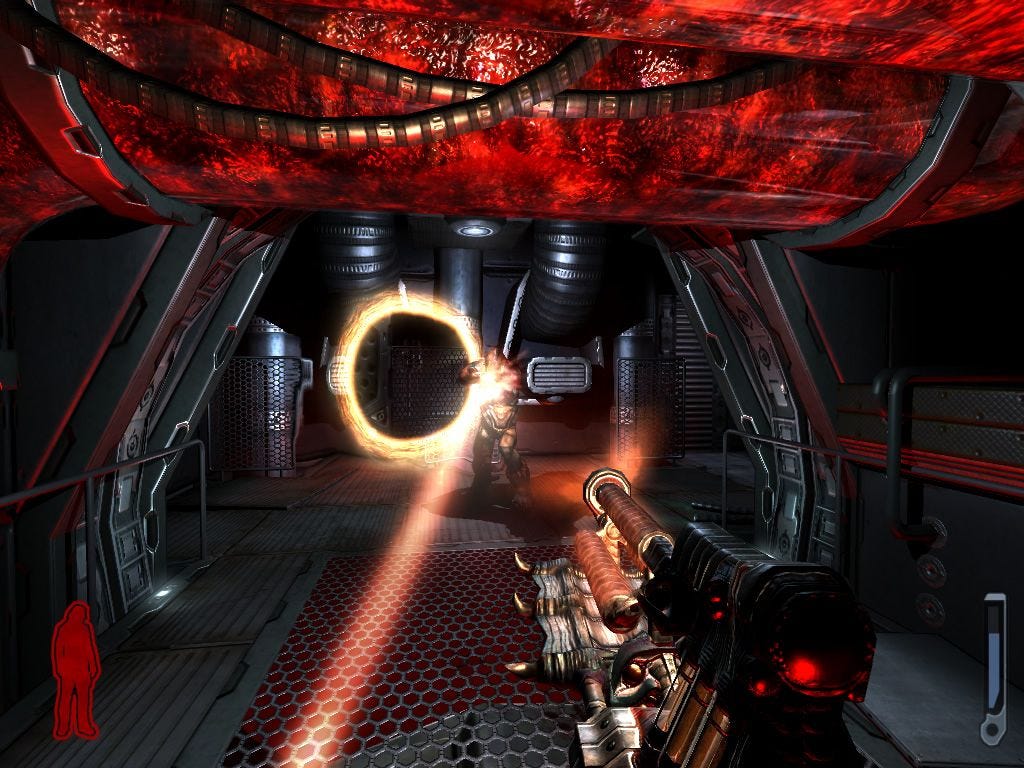
Prey was an interesting, strange little thing. Ostensibly, it was a reboot of the original Prey, a fairly by-the-books first-person shooter developed by Human Head Studios and published by 2K Games in 2006. That first Prey game was mostly remembered for featuring a rare Native American protagonist and for some fairly clever, gravity-defying level design later in the game. It’s a solid experience, although I’d guess it’s less impressive in 2024 than it was back when it first released.
After numerous attempts at a sequel didn’t go very far, the rights to Prey somehow ended up with Bethesda, and they tasked Arkane Austin with doing something, anything under that name. The result was Prey 2017, a game that was…basically nothing like the first Prey and, as far as I ever figured out, not connected to it any way1. It was, however, an absolute masterpiece.
Arkane Austin’s Prey told a twisty science fiction tale of shape-shifting aliens aboard a massive space station. Taking on the role of scientist Morgan Yu, players spent the game exploring that space station, slowly gaining access to new areas and uncovering the disastrous alien organism invasion that has wreaked havoc. Like previous Arkane titles—the beloved Dishonored games, for example—the level design of Prey prioritized giving players some degree of agency. Rather than being funneled down a series of linear hallways, each destination in the game usually had multiple methods for reaching it, including the delightful ability to create stairways using the Gelifoam Lattice Organism Obstructor (aka the GLOO Cannon). That’s one of those joyful, game-changing toys that I wish I could pull into any 3D game.
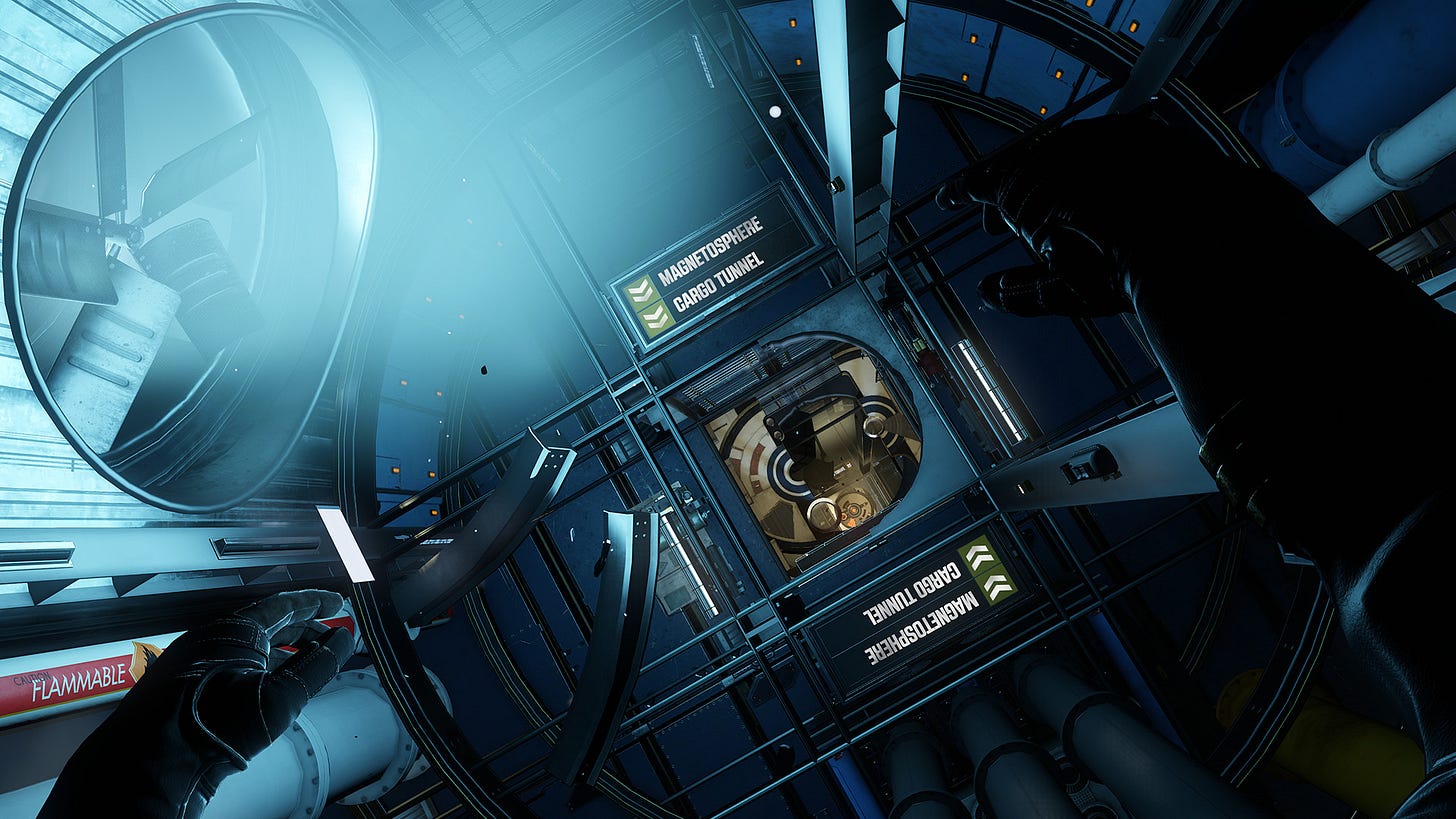
I’m rehashing this history for two reasons: a.) to catch up any readers who are unfamiliar with Arkane Austin’s output and b.) to establish that, whatever went on behind the scenes, Arkane Austin is clearly a studio capable of creating great games. Prey wasn’t the most critically acclaimed game of 2017, but it had generally positive reviews, and I can say for my part that it was one of my favorite things I played that year by far.
Of course, my personal seal of approval doesn’t go very far when it comes to game sales. I can’t find explicit numbers, but most unofficial sources estimate that Prey 2017 sold over a million copies. That’s far from terrible, but it’s surely not what Bethesda was aiming for with a big triple-A budget release. Plus Prey was on sale for $20 less than six months after it launched, so some portion of those sales were likely at a steep discount2.
And that brings us to Redfall. While Arkane Lyon went on to create another immersive sim in its traditional style with Deathloop, Arkane Austin began developing a new IP of its own but with a new genre as well. Redfall would be Arkane’s first full open-world shooter, its first loot-focused RPG, and its first game focused on cooperative multiplayer rather than single-player alone. And although Deathloop technically launched after Microsoft’s acquisition of Bethesda, Redfall would be the first Arkane game announced to the public from Microsoft during E3 2021. Clearly Microsoft wanted it to be a hit.
What they got was, uh...not a hit. Unlike a lot of people weighing in on the Arkane Austin closure, I actually played Redfall, from beginning to end. When I reviewed the game about a week-and-a-half after its launch,3 I called it “Microsoft’s biggest first-party failure yet.” You could probably make a strong argument for Starfield surpassing it now, at least in case of expectations versus reality, but I stand by my words there.
Redfall was an absolute mess, but a mess with easy-to-recognize potential, which made the messiness all the more frustrating. It’s got a fun Buffy the Vampire Slayer-esque setup, and there were moments where the shooting felt great, especially when I could plop down a UV light to turn all the vampires around me into stone.
Those brighter moments were the exception though. Most of the thirty or so hours I sunk into Redfall were spent fighting bugs, slowdown, crashes, and depressingly unambitious mission design. Here’s what I had to say about the game’s low-budget-feeling mission briefings, which take the form of voiced dialogue played over static art:
To be clear, I’m not accusing Arkane or Microsoft or anyone else of cost-cutting. I have no idea what went on during Redfall’s development, and I wouldn’t want to guess. It’s entirely possible that this approach to mission briefings was a very early stylistic choice that they stuck with throughout the game. All I’m saying is that it feel like a very poorly thought out and confusing stylistic choice if so, and it’s far from the only example of this in the game.
As then, I’d like to avoid making any assumptions about what went on during the development of Redfall. What feels clear to most people who played the game, though, is that at minimum, Arkane Austin did not have access to the time or resources necessary to create a game in a genre it had never developed in, with technical necessities it had never implemented before, and using a live-service, continued development model the studio had no experience with. Maybe the amount of time necessary to pull this all off successfully wasn’t realistic for Microsoft, or maybe, somehow, the people who made the final call on Redfall’s release date genuinely believed what was being released was the height of what was possible from the studio.
I can’t say what the solution was to fixing Redfall, but I know one guy who sounds pretty certain about it. That would be Phil Spencer, the CEO of Microsoft Gaming and head of the Xbox team. Just over a year ago, days after Redfall launched (and still a week or so before my review was written), Spencer made an appearance on the Kinda Funny Xcast. The main topic was, naturally, the negative reviews and generally negative reaction from the wider gaming audience to Redfall.
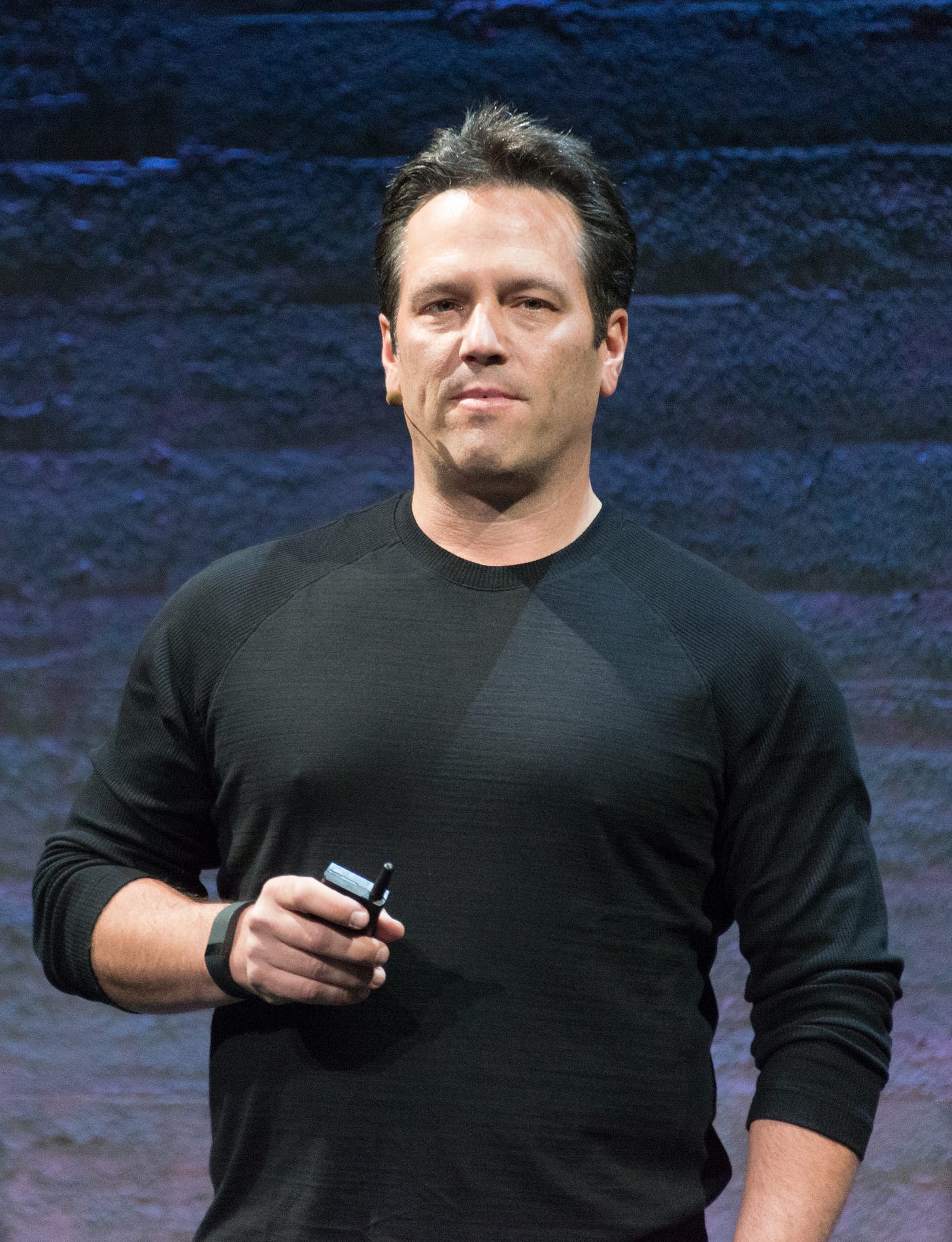
In this interview, Spencer was adamant that delaying Redfall wasn’t the solution. Instead, he said, the game’s failure was due to Arkane Austin failing to live up to its creative ambitions. Said Spencer (via a write-up of the interview on Video Games Chronicle):
I think it’s maybe a bit simplistic to say, “Hey, maybe if you just delayed it three months, the core creative of the game would’ve delivered on something [sic] than what it was.” So I look at them in different camps. If there’s a production timeline issue, we’ve been open to delaying. If we just have more bugs than we should have at the end of a game, we’re open to delaying. At some point we do need to have a creative vision and put the game out and reviewers and players will tell us what they think.
So the creative vision—or Arkane Austin’s ability to execute on it, at least—was the problem, according to Spencer. Though he slightly contradicts himself a bit later:
There’s clearly quality and execution things that we can do, but one thing I won’t do is push against the creative aspirations of our teams. I know a lot of people will say, “Hey, you’ve got teams, teams know how to do one kind of game, just force them to go do the one kind of game that they have a proven track record.” And I’m just not a believer in that. Maybe that means I’ll underdeliver for some of our fans out there...
So the creative vision was the problem but also the guy who ostensibly runs everything is unwilling to push back on the creative vision. Okay! Despite essentially throwing Arkane Austin under the bus in this interview, Spencer also noted that Microsoft should have done a better job of engaging with the existing projects in development when they acquired Bethesda and deciding whether to keep pursuing them. From what he said, Redfall was already well under way by the time Bethesda was put under the Microsoft umbrella (which makes sense), but Microsoft chose not to “engage” (that’s the term he kept using) with the product as much as they perhaps should have.
So the creative vision was the problem, but also Microsoft should have “engaged” with Arkane Austin on the game, but also whatever “engaging” means, it does not mean “push[ing] against the creative aspirations of our teams.” Got it? Good.
I’m being a dick to Phil Spencer here, so I want to be clear: Yes, I called company execs slugs earlier, but no, I do not actually have anything against Mr. Spencer specifically. In fact, when it comes to video game industry execs, I’ve long felt that he’s one of the few who comes across as not just personable but actively passionate about games. That’s a rarity, and it’s earned him a fair bit of love from the broader gaming audience4. So no, I’m not trying to pick on Phil Spencer specifically.
But there is one very clear, easy-to-grasp statement that Spencer made during that interview with Kinda Funny a year ago:
I’m going to take full responsibility for launching a game that needs to be great.
So what does “taking full responsibility” mean?
It’s not just Spencer either.
It’s Aaron Greenberg, Xbox Games Marketing’s vice president, who spent 2023 talking about how Tango Gameworks’s Hi-Fi Rush was “a break out hit for us and our players in all key measurements and expectations.”
It’s Matt Booty, head of Xbox Game Studios, who was quoted a month-and-a-half after Redfall’s launch last year as saying he “feel[s] accountable that we could have done a better job with Arkane” and promised that the studio was staying open to work on fixes and new content5.
So what does “feel[ing] accountable” mean?
It’s quite likely that Booty and Greenberg did not make the final call to shut down Arkane Austin and Tango Gameworks. Maybe they even fought against it internally. It’s even possible that Phil Spencer himself didn’t decide to drop the axe. Microsoft is a big company, worth a lot of money, beholden to a lot of shareholders (reportedly more than 80,000 of them).
Whoever made this decision, though, it’s one that’s going to echo throughout Microsoft’s future in gaming. Game developers currently employed at Microsoft-owned studios are sure to be living in fear, knowing that even if their studio has a track record for excellent releases, one flub could be the end. Game developers who might look at jobs at Microsoft-owned studios in the future are sure to second-guess making that jump, knowing that there’s no real promise of stability here. Even a breakout hit that exceeds all expectations doesn’t guarantee a job in a year’s time. If that’s the case, why not just stick to indie development?
And that’s just on the developer side. Gamers—the ones who are plugged into stuff enough to pay attention to layoffs and the like, at least—have no reason to trust Microsoft in the future. Getting a disappointing game like Redfall sucks, but you know what sucks more? Being lied to, directly and repeatedly, by execs who promise the game will get continued support, bug fixes, new content, etc., and then unceremoniously pull the rug out.
Again, the problem’s not just Phil Spencer or Matt Booty or Aaron Greenberg. Obviously, once again, the problem’s not even just Microsoft. The entire game industry has been bleeding for well over a year now. There’s something deeply broken and desperately in need of healing at the heart of gaming (spoilers: it’s capitalism).
All I can say with absolute certainty is that even if Redfall sucked, closing Arkane Austin was not the right choice.
At the end of my Redfall review last year, I spent a little time pondering the game’s possibilities:
Maybe the future will be kind to Redfall; maybe it will be like other notorious Bethesda titles like The Elder Scrolls Online and Fallout 76, which launched in rough shape but were patched into something more playable and built up fan bases over the years. Maybe. I’d love to see Redfall’s obvious potential fulfilled.
Whether salvaging Redfall was possible or not, I’m lamenting that we’ll never have the opportunity to see what Arkane Austin could have made in the future. I hope the sixty-plus developers laid off from Arkane Austin are able to land on their feet and do something they find creatively fulfilling in the future, and I hope the exact same for the two hundred-plus other developers let go by Microsoft yesterday.
Other sources consulted
GamesIndustry.biz, GamesRadar, PC Gamer, Kotaku
In fact, according to former Arkane Studios creative director Raphaël Colantonio, the decision to use the “Prey” name was not Arkane’s call at all and was entirely made by Bethesda. That’s not surprising at all, but it sucks to read how the developers at Arkane felt they were being forced to do something disrespectful to the developers of the original Prey.
There’s a great breakdown of Prey’s marketing misteps by Nick Masercola here. I’m not familiar with Mr. Masercola or his credentials, so take this for what you will, but I found this write-up to be very strong and believable.
Bethesda is notoriously stingy with early review code, and at this point TapTap had only been reviewing console and PC games for a few months, so I was not provided with early code.
Though that shine absolutely appears to be fading in light of this week’s events.
Fun fact: Booty also led a “town hall” with the various teams that are part of Xbox Game Studios today, one day after shutting down Tango Gameworks, where he told the developers gathered that Microsoft “need[s] smaller games that give us prestige and awards.” Sort of like the prestige and awards that Hi-Fi Rush received? (As reported by The Verge)

